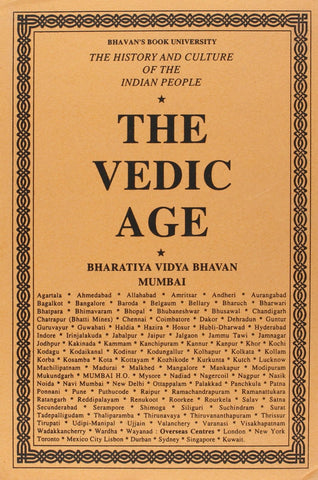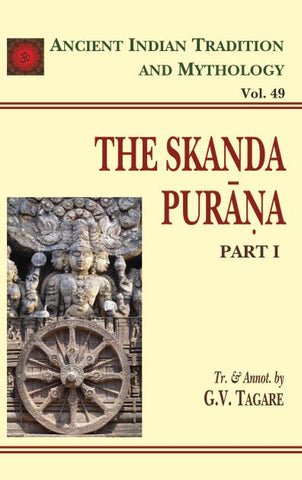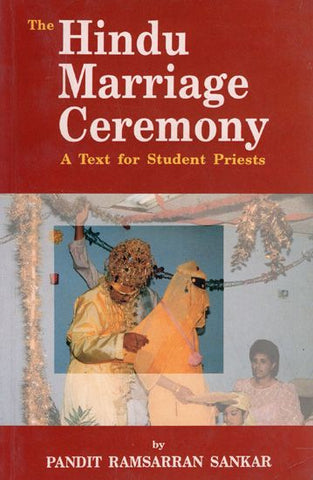Your cart is empty now.
Ethics and the History of Indian Philosophy, by Shyam Ranganathan, presents a compelling, systematic explication of the moral philosophical content of the history of Indian philosophy in contrast to the received wisdom in Indology and comparative philosophy that Indian philosophers were scarcely interested in ethics.
Unlike most works on the topic, this book makes a case for the positive place of ethics in the history of Indian philosophy by drawing upon recent work in metaethics and meta morality, and by providing a thorough analysis of the meaning of moral concepts and PHILOSOPHY itself- in addition to explicating the texts of Indian authors. In Ranganathan's account, Indian philosophy shines with distinct options in ethics that find their likeness in the writings of the Ancient in the West, such as Plato and the Neo-Platonists, and not in the anthropocentric or positivistic options that have dominated the recent Western tradition.
Shyam Ranganathan specializes in ethics, the philosophy of language and Indian Philosophy. He holds a BA (Guelph) and an MA (University of Toronto) in Philosophy, an MA in South Asian Studies (University of Toronto) and is completing a PhD dissertation in philosophy (York University). His dissertation, Translating Evaluative Discourse; the Semantics of Thick and Thin Concepts, is drawn from research in metaethics, translation studies and the philosophy of language and deals with the general problem of translating philosophy and ethics across languages and cultures. He is the acting area editor for Indian philosophy for the Internet Encyclopedia of Philosophy and teaches various philosophy courses, including Asian Philosophy. At the time of this publication, his other writing projects included papers on metaethics, semantics and translation, as well as a manuscript titled The Moral Philosophy of Patanjali's Yoga Sutra: Translation and Commentary.
Foreword
Shyam Ranganatha's book, Ethics and the History of Indian Philosophy, persuasively presents a detailed and comprehensive account of ethical theories in Indian philosophy. It is a significant addition to works on this topic and must be welcomed with enthusiasm and seriousness. Very few works are available on Indian ethics, and this book sumptuously contributes to the progressively dwindling list of recent studies in the area.
The first distinguishing feature of this work lies in the way it situates its task against the received wisdom in Indology and comparative philosophy that has systematically expressed misgivings regarding the very existence of the concept of Ethics in Indian philosophy. Stalwarts such as B. K. Motilal have maintained that Indians, except for cursory forays into the subject, have "seldom discussed" moral philosophy. In refuting this claim, Ranganathan refuses to take modern, positivistic Western ethics as canonical and escapes the limitations of trying to locate ethics in Indian philosophy in terms of this loaded comparison. On his account, Indian ethics is not reduced to what could, at best, be seen as a derivative discourse. Instead, he rejects the approach of treating modern, positivistic Western ethics as a formidable universal benchmark, and situated the recent Western incursions into the discussion as merely one instance of ethics. Rightly so.
The strength of this volume lies in Ranganathan's efforts at the very outset in identifying the meaning of moral concepts and of "ethics". By asking or a substantively neutral ground of what ethics is, he redresses the limitations posed by extant literature on comparative philosophy and ethics, which often reduces ethics everywhere else to a poor cousin of the Western canon. In identifying the definition of moral philosophy, he rejects the orthodoxy and the prevalent conservatism in Indology that invariably disqualifies anything ethical from the purview of Indian philosophy. Instead, he makes a case for a reformist view, one that allows us to reconsider contemporary practices of interpreting the meaning of "dharma" by depicting it both as a moral phenomenon but also as designating an arena of moral discourse that the use of the concept might envelop. Moreover, a discourse that the use of the concept might envelop. Moreover, accepting the reformist view makes it possible that a term like "dharma" stands for one concept with a clear moral meaning.
In order to establish that "dharma" is a moral term in the language of Indian philosophy, Ranganathan beings by delineating what a moral term means rather than embarking on a specific discussion on dharma. The necessary external reference specific discussion on dharma. The necessary external reference for arriving at this definition is found in the Anger Inclination Thesis, which he claims is inclusive and captures the essential nature of moral statements. After making a case or the Anger Inclination thesis in order to arrive at an accurate definition of a moral statement, according to which morality is always related to an inclination to get angry over the violation of the evaluative import of a statement, he goes on to prove that "dharma" of classical Indian thought qualifies as a moral term. Specifically, he demonstrates that "dharma" possesses a singular meaning and is the equivalent of "ethics" or "morality" in the context of Indian philosophy.
Having discussed the views on the dharma of philosophers from the major schools of Indian philosophy, and having convincingly demonstrated that they have a clear and unambiguous idea of the ethical, he concludes that the majority of Indian philosophical schools have, indeed, affirmed the reality of morals as a sphere if values. He also points out that there are many accounts of the subject matter of ethics in the West that have failed to track the historical domain of ethics. This conclusion is premised on the deft philosophical move asking for an independent definition of ethics, or even philosophy, and a plea for not getting ensnared by recent fashions, however important they might seem at the present moment.
The second distinguishing feature of Ranganathan's work becomes clear when we Recall the already existing, though not always evident, comparative axis in the realm of intellectual activity in India, particularly the philosophical one. In the prevailing comparative mode, popularized by philosophers like Matilal, J. N. Mohanty and others, classical India is invariably compared with contemporary Western philosophy creating an imbalance of time, temporality and category. Ranganathan corrects this imbalance through his brilliant and magisterial use of Western and Indian sources across the relevant continuum of time and geography. The writer's sensitivity to methodology and his provocative thesis goes a long way in making this book indispensable to any study of Indian ethics. It also opens new vistas in the arena of ongoing philosophical debates and its salience will not remain limited to the study of Indian ethics alone.
| Foreword | i |
| Preface | v |
| References | ix |
| Chapter 1: Introduction | 3 |
| 1.1 Problem of Ethics in Indian Philosophy | 3 |
| 1.2 The Problem of "Dharma" | 5 |
| 1.3 Approach to the Problem | 9 |
| Chapter 2: "Dharma" as a Moral Term | 13 |
| 2.1 Extention and Intention | 13 |
| 2.2 Key Philosophical Terms | 22 |
| 2.3 Definitions of Moral Statements | 31 |
| 2.3.1. Social Content and Conduct | 35 |
| 2.3.2. Categoricality and Universalizability | 38 |
| 2.3.3. Importance and Overridingness | 43 |
| 2.3.4. Blame Inclination | 47 |
| 2.3.5. Conformity | 50 |
| 2.3.6. Punishment | 52 |
| 2.3.7. Anger Inclination | 53 |
| 2.3.8. Composite Accounts of Moral Statements | 66 |
| 2.4 Definition of Moral Terms | 70 |
| 2.4.1. Subsidiary Features of Moral Terms | 72 |
| 2.4.2. Double Role of Some Moral Terms | 74 |
| 2.4.3. Meaning of Moral Terms | 74 |
| 2.4.4. Studying Moral Terms | 76 |
| 2.4.5. Terms that Designate the Field of Moral Concern | 78 |
| 2.4.6. Some Criticism Considered | 79 |
| 2.5. Anger Inclination and Debate | 85 |
| 2.6. The Meaning of "Dharma" | 91 |
| 2.6.1. Modern Notion of "Dharma" | 91 |
| 2.6.2. Traditional Meaning of "Dharma" | 95 |
| 2.6.3. "Dharma" and the Fact-Value Distinction | 98 |
| 2.6.4. When Moral Failings are not Frowned Upon | 100 |
| 2.7. An Argument for the Reform View | 105 |
| Chapter 3: The Classical Meaning of "Dharma" | 113 |
| 3.1. Arguments Against the Reform View | 116 |
| 3.1.1. Argument for the Principle of Charity | 116 |
| 3.1.2. Evolutionary Perspective on Language | 119 |
| 3.1.3. Argument from Empiricism | 120 |
| 3.1.4. Argument from Analogy | 120 |
| 3.1.5. Problem with Translating Formal Moral Terms Consistently | 121 |
| 3.1.6. The Character of Indian Philosophy | 122 |
| 3.1.7. Grammatical Argument for Equivocality | 122 |
| 3.1.8. Appeal to Authority | 124 |
| 3.1.9. Qualified Criticism | 124 |
| 3.1.10 Charge of Equivocation | 125 |
| 3.1.11 Argument from Family Resemblance Theory | 126 |
| 3.1.12. Falsifying Evidence: Morally Reprehensible Dharmas | 127 |
| 3.2. Defence of the Reform View | 129 |
| 3.2.1. Debate Maximization | 129 |
| 3.2.2. Constancy in Language | 132 |
| 3.2.3. Inference to the Best Explanation | 134 |
| 3.2.4. Response to Argument from Analogy | 135 |
| 3.2.5. Translation and Paraphrase | 136 |
| 3.2.6. Indian Philosophy is not a Dispassionate Endeavour | 139 |
| 3.2.7. Response to Grammatical Argument for Equivocality | 140 |
| 3.2.8. Response to the Appeal to Authority | 141 |
| 3.2.9. Response to a Qualified Criticism | 143 |
| 3.2.10. Response to the Charge of Equivocation | 147 |
| 3.2.11. Response to the Family Resemblance Argument | 147 |
| 3.2.12. EVIL ETHIC | 155 |
| 3.3. Metatheoretical Considerations | 157 |
| 3.4. Critics' Reprisal | 158 |
| 3.5. Four Theories of "Dharma" in Review | 167 |
| Chapter 4: Indian Axiology | 181 |
| 4.1. The Purusartha Explanation of Indian Ethics | 181 |
| 4.2. The Summum Bonum and Indian Ethics | 184 |
| Chapter 5: Ethics in Philosophy | 189 |
| 5.1. What is Ethics? | 190 |
| 5.2. On the Pursuits that Answer to "Ethics" | 194 |
| 5.3. "Moral Philosophy"? | 201 |
| 5.3.1 What Does "Philosophy" Mean? | 202 |
| 5.3.2. Substantive Accounts of Philosophy | 206 |
| 5.3.3. Extensions of Moral Philosophy | 210 |
| 5.4. Indian Moral Philosophy? | 213 |
| Chapter 6: Introduction to Indian Ethics | 219 |
| Chapter 7: A Buddhist Debate in Ethics | 227 |
| 7.1. Buddhism and the History of Indian Philosophy | 227 |
| 7.2. Dependent Origination and Dharma | 228 |
| 7.3. Noble Truths and the Path | 235 |
| 7.4. Early Buddhist Justificative Ethics | 236 |
| 7.5. Mahayana Ethics | 238 |
| 7.6. Buddhism and Indian Ethics | 242 |
| Chapter 8: Jainism | 245 |
| 8.1. Sectarian Differences | 245 |
| 8.2. Historical Background of Jainism | 246 |
| 8.3. The Kriyavada-Akriyavada Debate | 249 |
| 8.4. Motion and Moksa | 251 |
| 8.5. Important Moral Terms in Jain Literature | 253 |
| 8.6. Jain Criticism of Early Buddhist Ethics | 254 |
| 8.7. Jainism and Negative Utilitarianism? | 255 |
| 8.8. Implications of Jain Ethics | 258 |
| Chapter 9: Sankhya and Yoga | 261 |
| 9.1. Background of Sankhya and Yoga | 261 |
| 9.2. Common Framework | 263 |
| 9.3. Moral Significance of the Gunas | 265 |
| 9.4. Akriyavada and Kriyavada | 267 |
| 9.5. Dharmamegha Samadhi | 273 |
| 9.6. Yoga's Technical Use of "Dharma" | 274 |
| 9.7. Contrast | 276 |
| Chapter 10: Nyaya and Vaisesika | 279 |
| 10.1. Nyaya | 280 |
| 10.2. Vaisesika | 281 |
| Chapter 11: Purvamimamsa | 287 |
| 11.1. Vedic Foundationalism | 287 |
| 11.2. Dharma and Artha | 288 |
| 11.3. Who is Eligible to Practise Dharma? | 291 |
| 11.4. Motive and Consequences | 293 |
| 11.5. Eternality, Meaning and the Vedas | 296 |
| 11.6. Noncognitivism | 298 |
| 11.7. The Greatest Good | 299 |
| 11.8. Is Purvamimamsa a Unique Ethic? | 300 |
| Chapter 12: Vedanta | 305 |
| 12.1. Versions | 305 |
| 12.2. Basic Vedanta Doctrine | 307 |
| 12.3. Agency and the Problem of Evil | 308 |
| 12.4. Animal Sacrifices | 311 |
| 12.5. Advaita | 313 |
| 12.6. Visistadvaita | 319 |
| 12.7. Dvaita | 324 |
| Chapter 13: Carvaka | 327 |
| 13.1. Our Knowledge of the Carvaka | 327 |
| 13.2. Possible Carvaka Axiology | 329 |
| 13.3. Is the Arthasastra Materialist Ethics? | 331 |
| 13.4. Was there ever a Carvaka Ethic? | 333 |
| Chapter 14: Summary of Indian Ethics | 335 |
| 14.1. Justificative Ethics | 335 |
| 14.2. Moral First Principales | 341 |
| 14.3. Dharma and the Other Purusarthas | 344 |
| 14.4. Reality of Morality | 346 |
| 14.5. Analysis of Moral Concepts | 347 |
| Chapter 15: On the Importance of Ethics to Indian Philosophy | 353 |
| 15.1. Dharma Philosophy | 353 |
| 15.2. Importance of Indian Moral Philosophy | 357 |
| 15.3. Moksa Philosophy | 359 |
| 15.4. Moksa and Dharma | 362 |
| 15.5. Moral Philosophy; East and West | 363 |
| Bibliography | 367 |
| Index | 385 |
Delivery and Shipping Policy
- INTERNATIONAL SHIPPING
- Rs.1000-1100/kg
- ESTD. Delivery Time: 2-3 weeks (depending on location)
- Bubble Wrapped with Extra Padding
- NATIONAL SHIPPING
- NCR: Rs. 30/half kg
- Standard: Rs. 80/half kg
- Express shipments also available on Request
- ESTD. Delivery Time: Ranging from 1-4 days up to 7 business days (Depending on your choice of Delivery)
- TRACKING
- All orders; national or international, will be provided with a Tracking ID to check the status of their respective orders
- Depending on the Shipping Service, Tracking ID may be used on their respective tracking portals
Frequently Asked Questions (FAQs)
Domestic Shipping: 3-4 Days (after shipping)
International Shipping: 1-2 weeks (based on your location)
You will receive an email once your order has been shipped or you can email us if you didn't receive tracking details (info@mlbd.co.in)
Every book that we sell is the latest edition except all the rare books
Yes, we do provide free shipping, only on domestic orders (within India) above Rs.1500


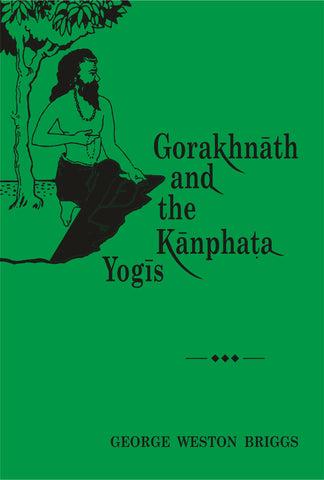
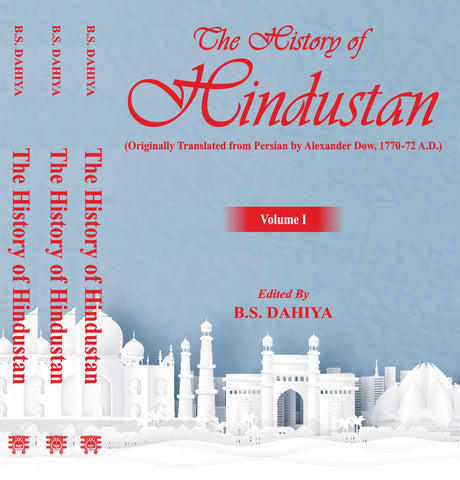
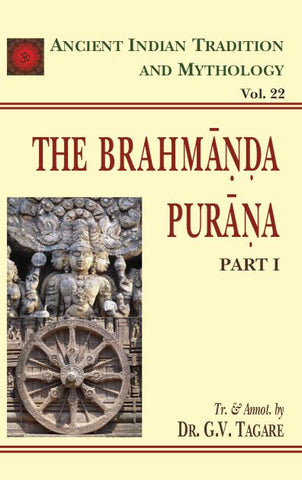
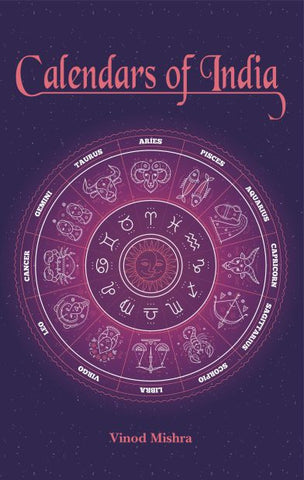
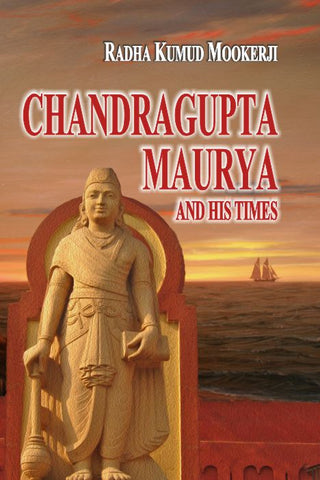
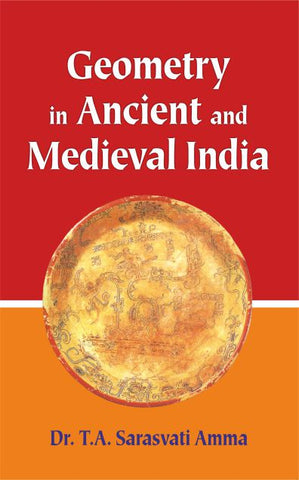
![A HISTORY OF INDIAN PHILOSOPHY [5 VOLUMES] by Surendranath Dasgupta](http://www.motilalbanarsidass.com/cdn/shop/products/HISTORYOFINDIANPHILOSOPHY_large.jpg?v=1675238163)
